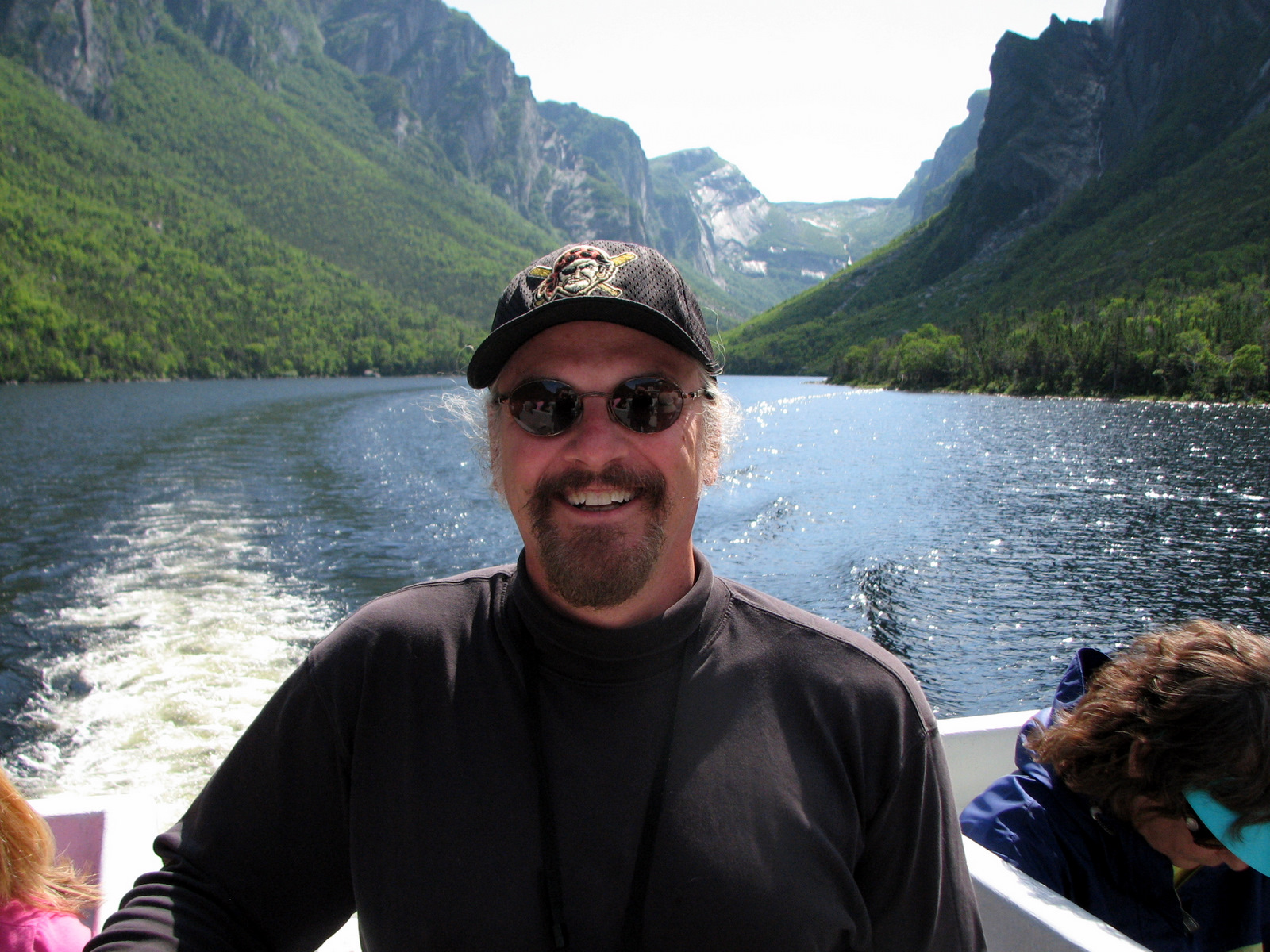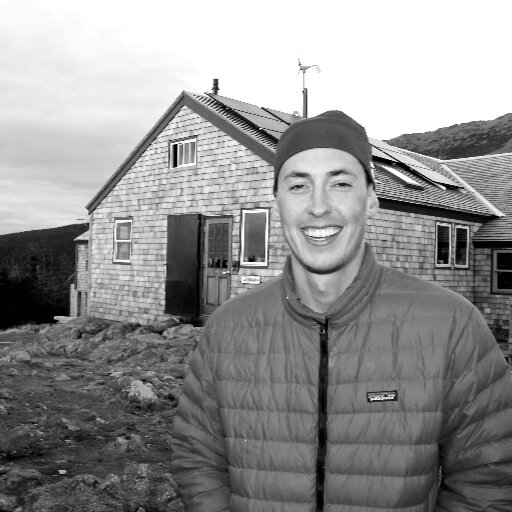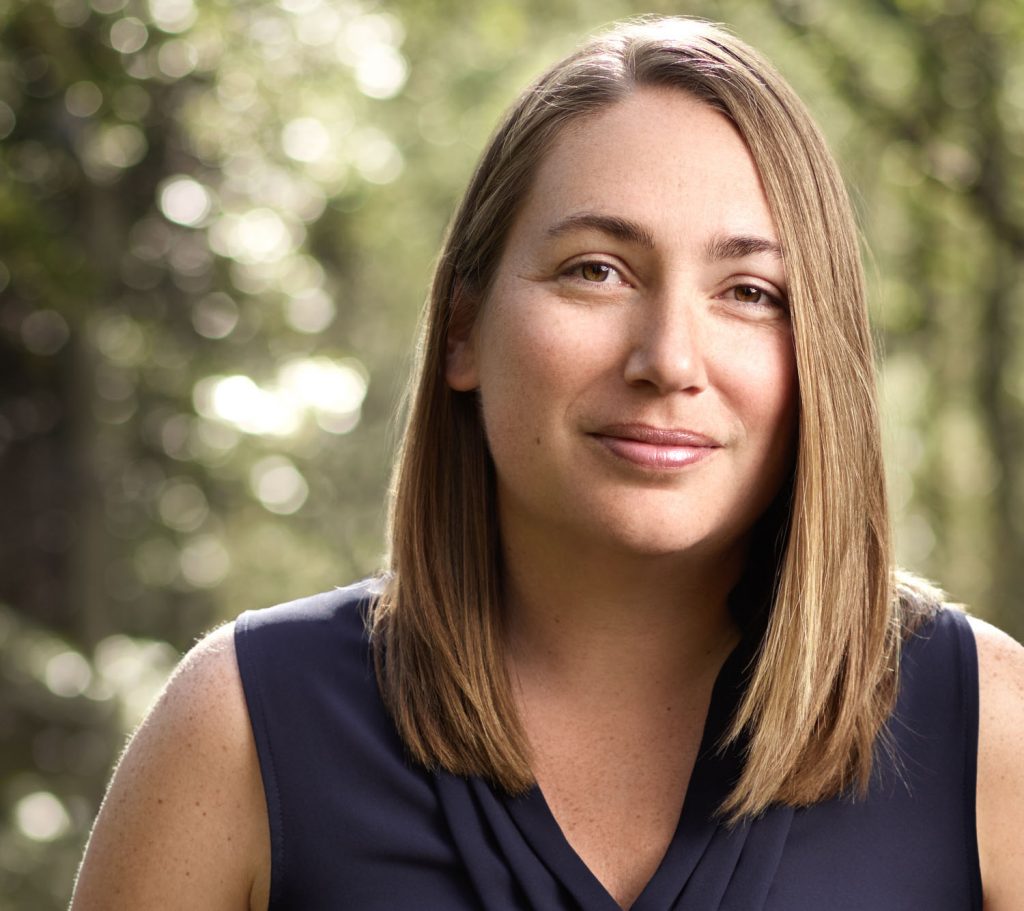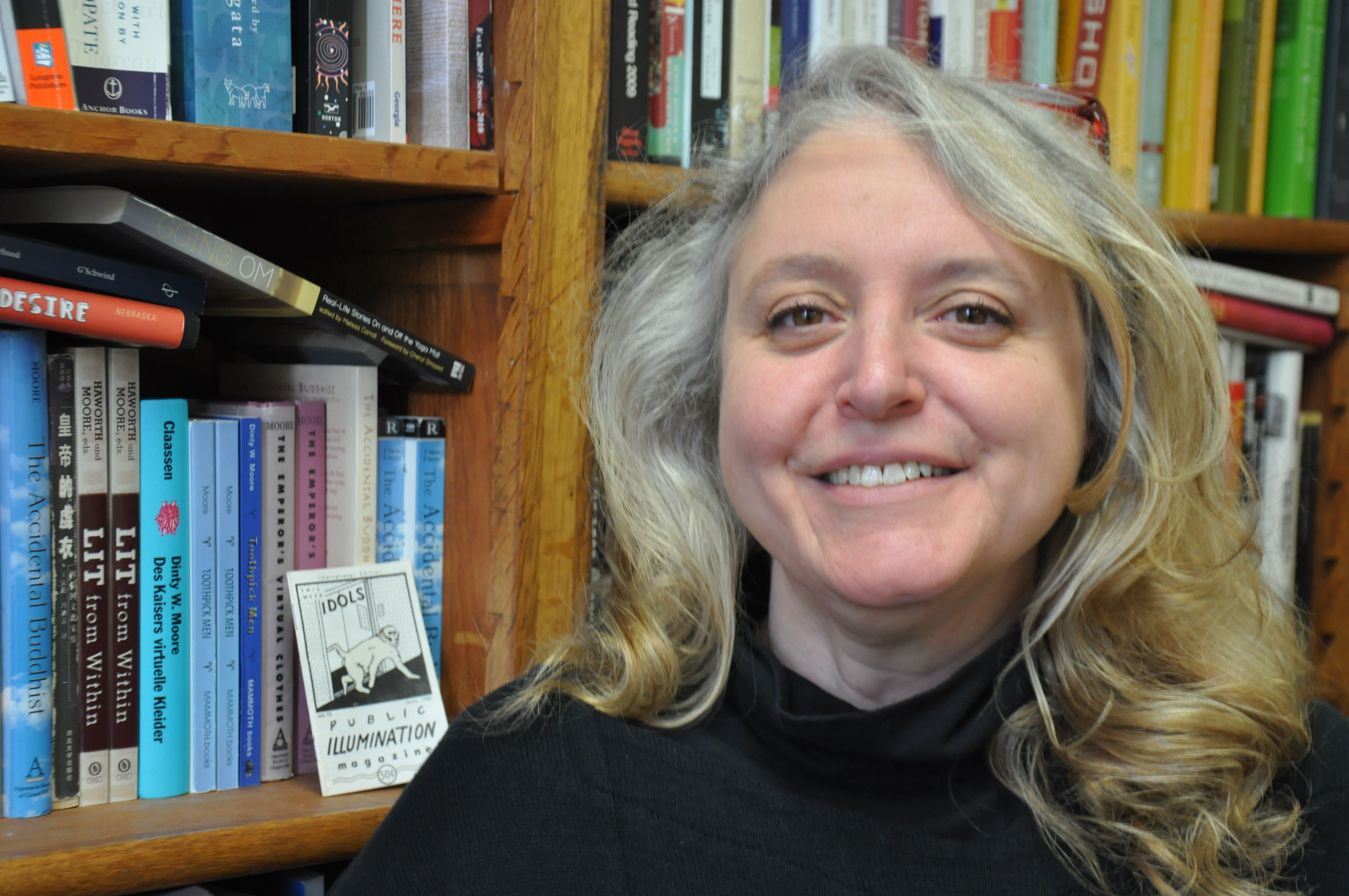“I was not aware of how much vital energy had gone into this struggle until the struggle was removed.” —Tennessee Williams
Written by Brendan O’Meara
Tennessee Williams, one of if not the most famous American playwright (please excuse me as I don’t know many playwrights), was, like many writers a struggling writer, until, of course, he was no longer.
Ed Norton, while being interviewed on The Tim Ferriss Show, spoke about Williams’ essay “The Catastrophe of Success,” which, I imagine, strikes a chord with anyone who has managed to fulfill his/her creative visions. But the overarching theme of the piece is emptiness, that “success,” as everybody else sees it, is hollow to the newly minted “successful” artist.
After the third anniversary of the Chicago opening of “The Glass Menagerie”, Williams had to face the fact that he was no longer the anonymous writer toiling away in obscurity, a writer who was likely bitter that he hadn’t reached a level of notoriety he deeply wanted. I’m imposing my feelings on him because I think it’s quite universal. One does crank away and wonder when the “big break” will come. For a select few the BB arrives and suddenly s/he must deal with an entirely new and foreign role: a successful writer.
Williams wrote in a New York Times essay in November of 1947 that:
The sort of life that I had had previous to this popular success was one that required endurance, a life of clawing and scratching along a sheer surface and holding on tight with raw fingers to every inch of rock higher than the one caught hold of before, but it was a good life because it was the sort of life for which the human organism is created.
That climb, that struggle, as he so eloquently puts it, is the bane and the crutch, both hated and needed. The Struggle, if I may now capitalize it, keeps the artist hungry, both literally and fig.
Williams writes:
I was not aware of how much vital energy had gone into this struggle until the struggle was removed. I was out on a level plateau with my arms still thrashing and my lungs still grabbing at air that no longer resisted. This was security at last.
One gets the sense that the security created a creative vertigo, a sense of imbalance that caught him off guard. It’s not supposed to be this way, is it?
He says:
I lived on room service. But in this, too, there was disenchantment. Some time between the moment when I ordered dinner over the phone and when it was rolled into my living room like a corpse on a rubber-wheeled table, I lost all interest in it. Once I ordered a sirloin steak and a chocolate sundae, but everything was so cunningly disguised on the table that I mistook the chocolate sauce for gravy and poured it over the sirloin steak.
One sympathizes, maybe, but it illustrates a key point: “success,” “arriving,” “making it,” are empty without the work. It’s the work that must continually ground the artist.
Needing to see the world differently, Williams had another eye surgery (his fourth) and set out for Mexico where he would write his most famous play. He says:
“Then, as a final act of restoration, I settled for a while at Chapala to work on a play called “The Poker Night,” which later became “A Streetcar Named Desire.” It is only in his work that an artist can find reality and satisfaction for the actual world is less intense than the world of his invention and consequently his life, without recourse to violent disorder, does not seem very substantial. The right condition for him is that in which his work is not only convenient but unavoidable.
Maybe it’s part delusion, or maybe it’s part of having a rosy outlook, but one can stem this disenchantment by coming up with a plan to combat the excesses of “success.” Maybe by assuming it will happen, practices can be put in place. It’s something worth thinking about so as not pour chocolate sauce over a perfectly seared sirloin.
Williams writes:
Security is a kind of death, I think, and it can come to you in a storm of royalty checks beside a kidney-shaped pool in Beverly Hills or anywhere at all this removed from the conditions that mad you an artist, if that’s what you are or were intended to be. Ask anyone who has experienced the kind of success I am talking about—What good is it? Perhaps to get an honest answer you will have to give him a shot of truth serum but the word he will finally groan is unprintable in genteel publications.
So what now? Williams would have you stop focusing on such things saying:
William Saroyan wrote a great play on this theme, that purity of heart is the one success worth having. “In the time of your life—live!” That time is short and it doesn’t return again. It is slipping away while I write this and while you read it, and the monosyllable of the clock is loss, loss, loss, unless you devote your heart to its opposition.
You have received your call to action.





